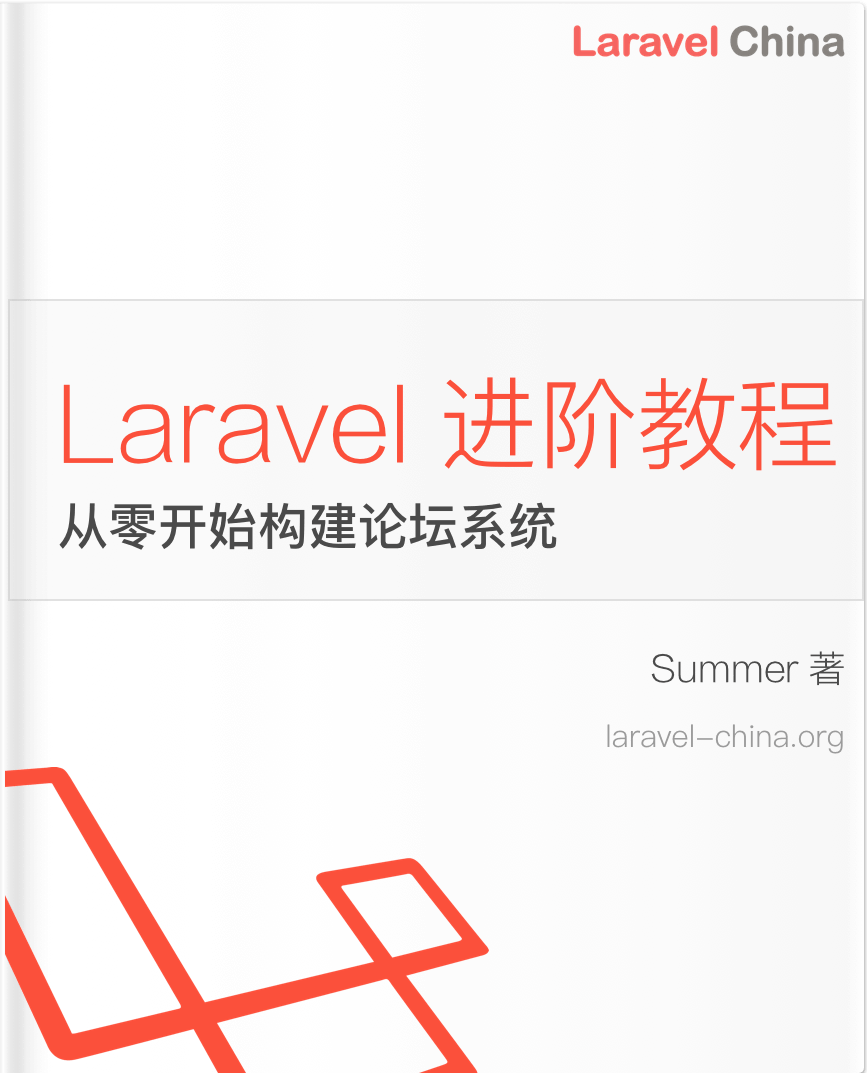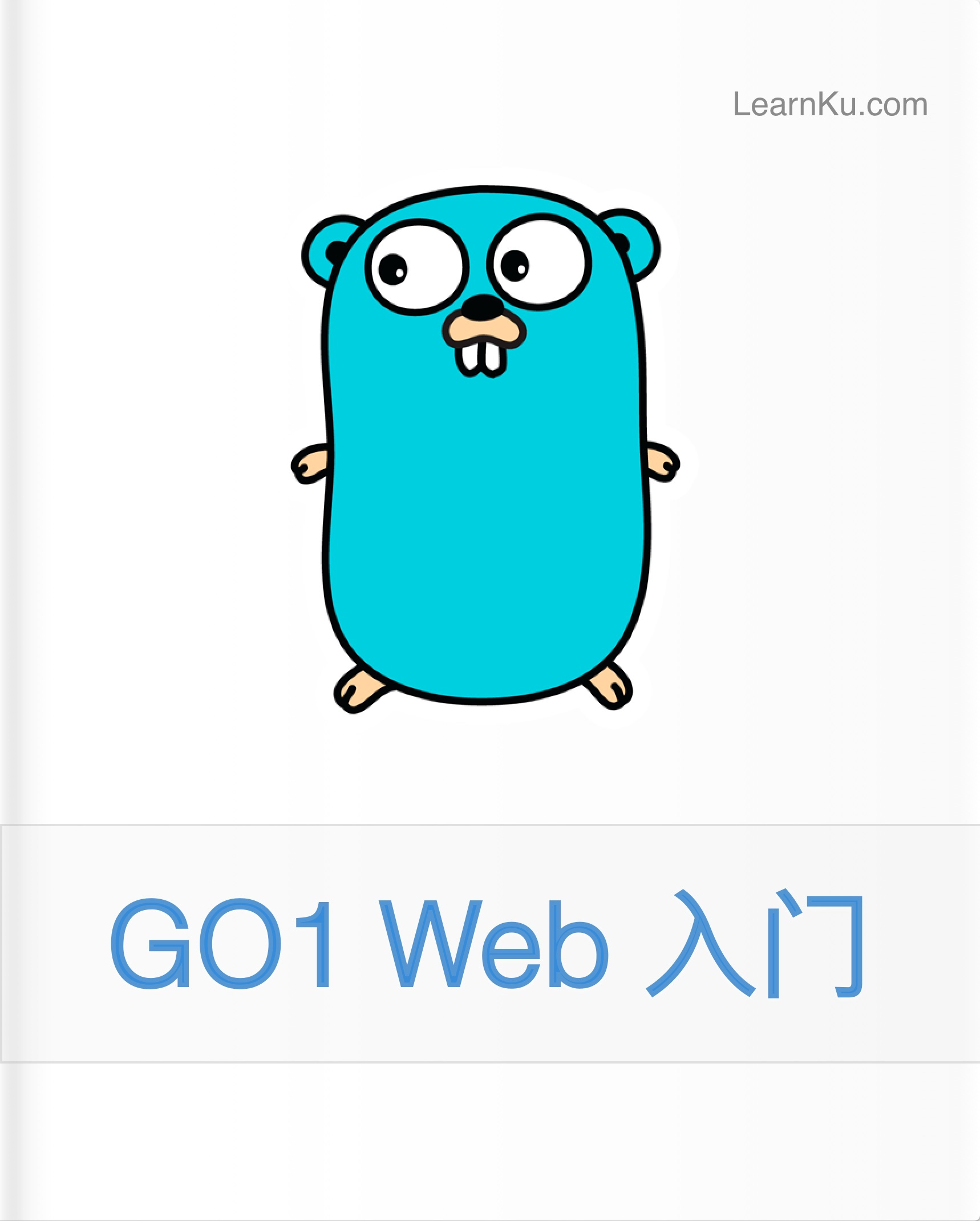2.2. State
这是一篇协同翻译的文章,你可以点击『我来翻译』按钮来参与翻译。
翻译时请参照官方英文原版文档。
State
The state is, most of the time, the central part of your store. People often start by defining the state that represents their app. In Pinia the state is defined as a function that returns the initial state. This allows Pinia to work in both Server and Client Side.
import { defineStore } from 'pinia'
export const useStore = defineStore('storeId', {
// arrow function recommended for full type inference
state: () => {
return {
// all these properties will have their type inferred automatically
count: 0,
name: 'Eduardo',
isAdmin: true,
}
},
})
:::tip
If you are using Vue 2, the data you create in state follows the same rules as the data in a Vue instance, i.e. the state object must be plain and you need to call Vue.set() when adding new properties to it. See also: Vue#data.
::
TypeScript
You don't need to do much in order to make your state compatible with TS: make sure strict, or at the very least, noImplicitThis, are enabled and Pinia will infer the type of your state automatically! However, there are a few cases where you should give it a hand with some casting:
export const useUserStore = defineStore('user', {
state: () => {
return {
// for initially empty lists
userList: [] as UserInfo[],
// for data that is not yet loaded
user: null as UserInfo | null,
}
},
})
interface UserInfo {
name: string
age: number
}If you prefer, you can define the state with an interface and type the return value of state():
interface State {
userList: UserInfo[]
user: UserInfo | null
}
export const useUserStore = defineStore('user', {
state: (): State => {
return {
userList: [],
user: null,
}
},
})
interface UserInfo {
name: string
age: number
}Accessing the state
By default, you can directly read and write to the state by accessing it through the store instance:
const store = useStore()
store.count++Note you cannot add a new state property if you don't define it in state(), it must contain the initial state. e.g.: we can't do store.secondCount = 2 if secondCount is not defined in state().
Resetting the state
You can reset the state to its initial value by calling the $reset() method on the store:
const store = useStore()
store.$reset()Usage with the Options API
<VueSchoolLink
href="vueschool.io/lessons/access-pinia-..."
title="Access Pinia State via the Options API"
/>
For the following examples, you can assume the following store was created:
// Example File Path:
// ./src/stores/counter.js
import { defineStore } from 'pinia'
export const useCounterStore = defineStore('counter', {
state: () => ({
count: 0,
}),
})If you are not using the Composition API, and you are using computed, methods, ..., you can use the mapState() helper to map state properties as readonly computed properties:
import { mapState } from 'pinia'
import { useCounterStore } from '../stores/counter'
export default {
computed: {
// gives access to this.count inside the component
// same as reading from store.count
...mapState(useCounterStore, ['count'])
// same as above but registers it as this.myOwnName
...mapState(useCounterStore, {
myOwnName: 'count',
// you can also write a function that gets access to the store
double: store => store.count * 2,
// it can have access to `this` but it won't be typed correctly...
magicValue(store) {
return store.someGetter + this.count + this.double
},
}),
},
}Modifiable state
If you want to be able to write to these state properties (e.g. if you have a form), you can use mapWritableState() instead. Note you cannot pass a function like with mapState():
import { mapWritableState } from 'pinia'
import { useCounterStore } from '../stores/counter'
export default {
computed: {
// gives access to this.count inside the component and allows setting it
// this.count++
// same as reading from store.count
...mapWritableState(useCounterStore, ['count'])
// same as above but registers it as this.myOwnName
...mapWritableState(useCounterStore, {
myOwnName: 'count',
}),
},
}
:::tip
You don't need mapWritableState() for collections like arrays unless you are replacing the whole array with cartItems = [], mapState() still allows you to call methods on your collections.
::
Mutating the state
Apart from directly mutating the store with store.count++, you can also call the $patch method. It allows you to apply multiple changes at the same time with a partial state object:
store.$patch({
count: store.count + 1,
age: 120,
name: 'DIO',
})However, some mutations are really hard or costly to apply with this syntax: any collection modification (e.g. pushing, removing, splicing an element from an array) requires you to create a new collection. Because of this, the $patch method also accepts a function to group this kind of mutations that are difficult to apply with a patch object:
cartStore.$patch((state) => {
state.items.push({ name: 'shoes', quantity: 1 })
state.hasChanged = true
})
The main difference here is that $patch() allows you to group multiple changes into one single entry in the devtools. Note both, direct changes to state and $patch() appear in the devtools and can be time traveled (not yet in Vue 3).
Replacing the state
You cannot exactly replace the state of a store as that would break reactivity. You can however patch it:
// this doesn't actually replace `$state`
store.$state = { count: 24 }
// it internally calls `$patch()`:
store.$patch({ count: 24 })You can also set the initial state of your whole application by changing the state of the pinia instance. This is used during SSR for hydration.
pinia.state.value = {}Subscribing to the state
You can watch the state and its changes through the $subscribe() method of a store, similar to Vuex's subscribe method. The advantage of using $subscribe() over a regular watch() is that subscriptions will trigger only once after patches (e.g. when using the function version from above).
cartStore.$subscribe((mutation, state) => {
// import { MutationType } from 'pinia'
mutation.type // 'direct' | 'patch object' | 'patch function'
// same as cartStore.$id
mutation.storeId // 'cart'
// only available with mutation.type === 'patch object'
mutation.payload // patch object passed to cartStore.$patch()
// persist the whole state to the local storage whenever it changes
localStorage.setItem('cart', JSON.stringify(state))
})By default, state subscriptions are bound to the component where they are added (if the store is inside a component's setup()). Meaning, they will be automatically removed when the component is unmounted. If you also want to keep them after the component is unmounted, pass { detached: true } as the second argument to detach the state subscription from the current component:
export default {
setup() {
const someStore = useSomeStore()
// this subscription will be kept even after the component is unmounted
someStore.$subscribe(callback, { detached: true })
// ...
},
}:::tip
You can watch the whole state on the pinia instance:
watch(
pinia.state,
(state) => {
// persist the whole state to the local storage whenever it changes
localStorage.setItem('piniaState', JSON.stringify(state))
},
{ deep: true }
):::
<VueSchoolLink
href="vueschool.io/lessons/access-pinia-..."
title="Ac
本文中的所有译文仅用于学习和交流目的,转载请务必注明文章译者、出处、和本文链接
我们的翻译工作遵照 CC 协议,如果我们的工作有侵犯到您的权益,请及时联系我们。

 Pinia 中文文档
Pinia 中文文档



 关于 LearnKu
关于 LearnKu



